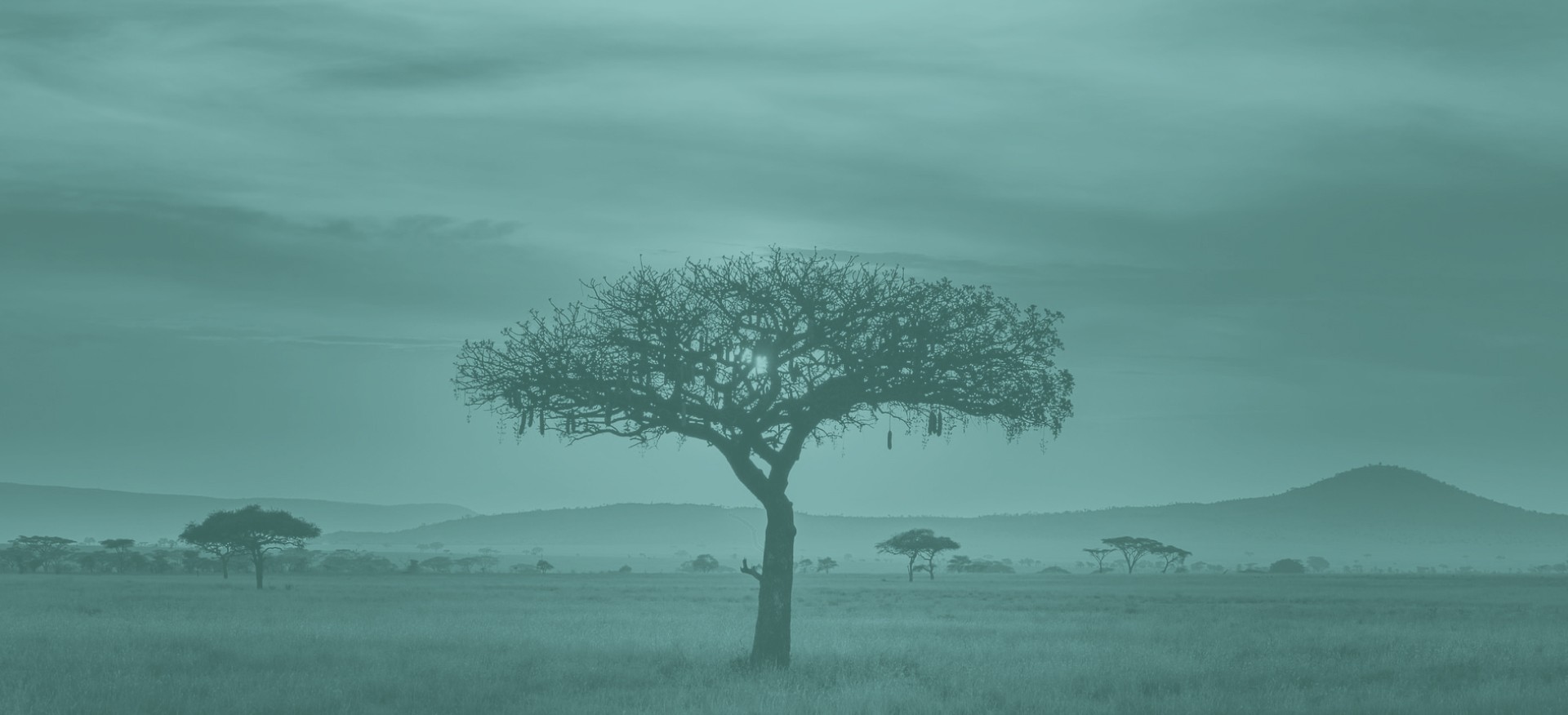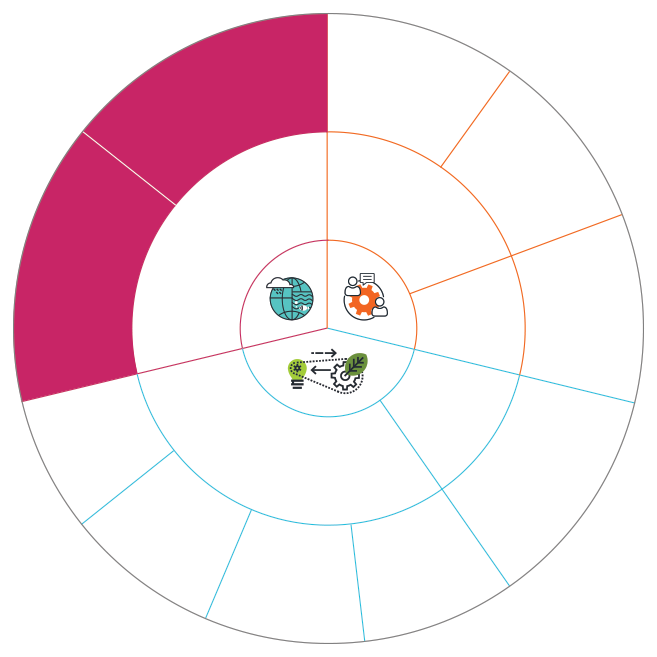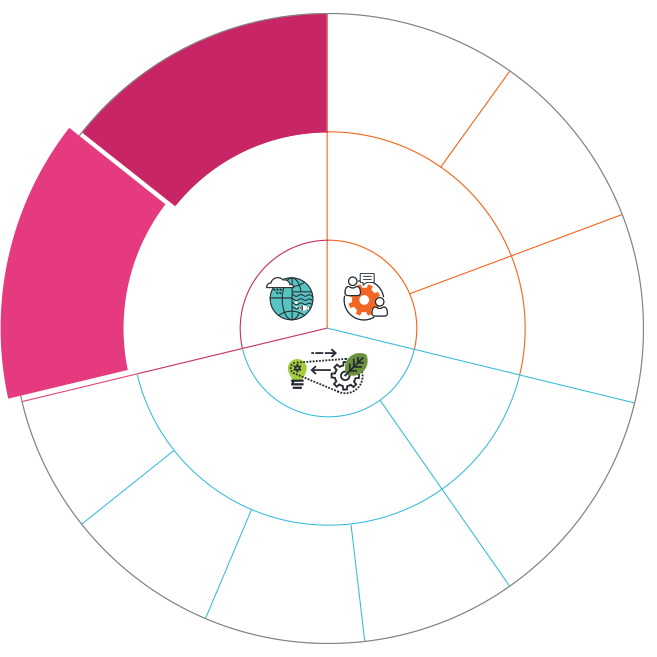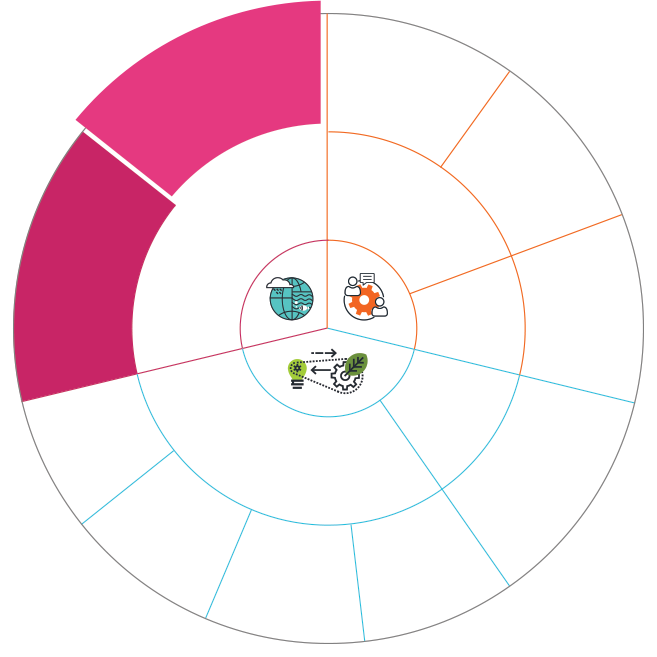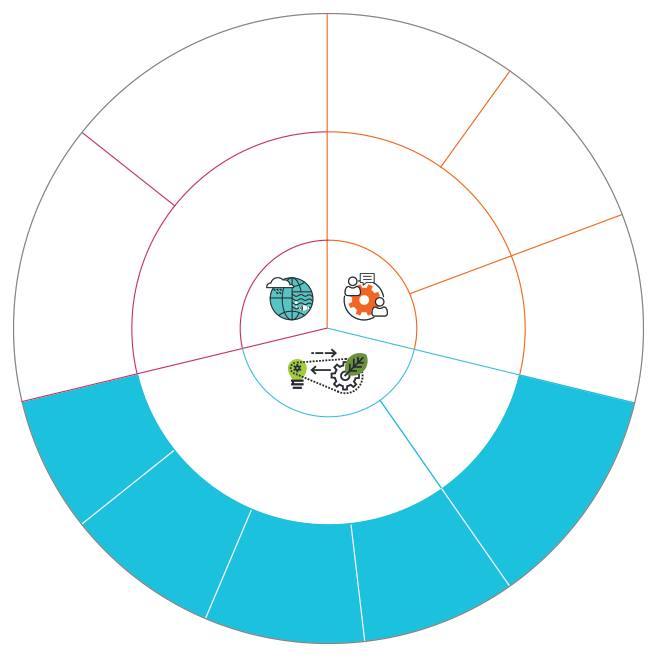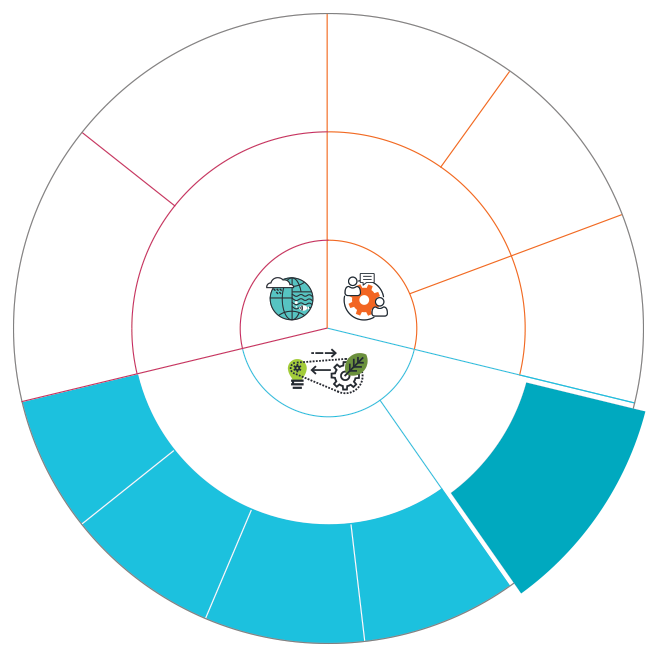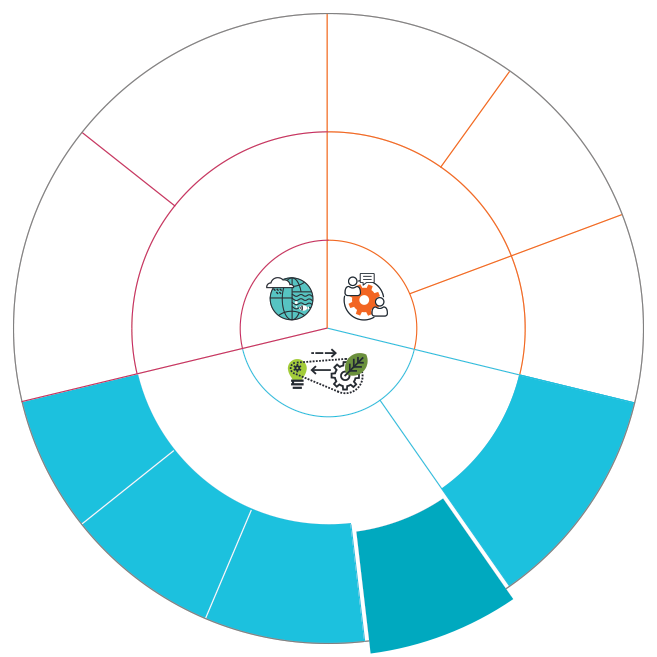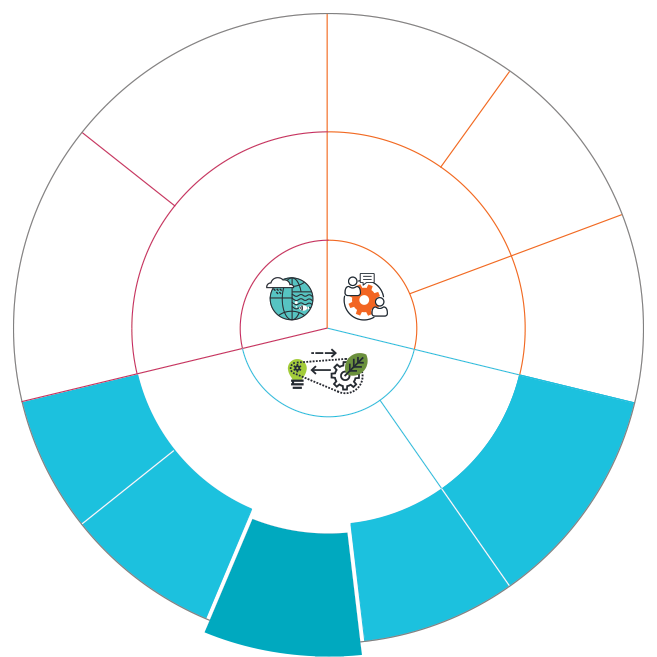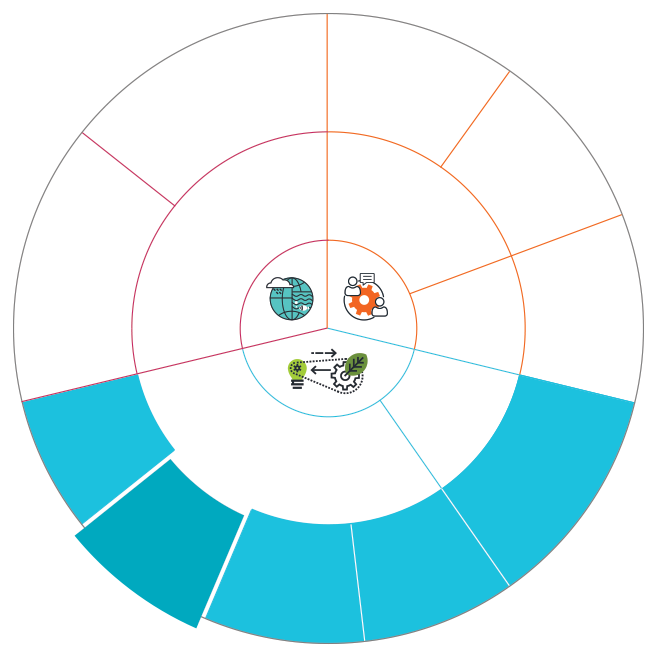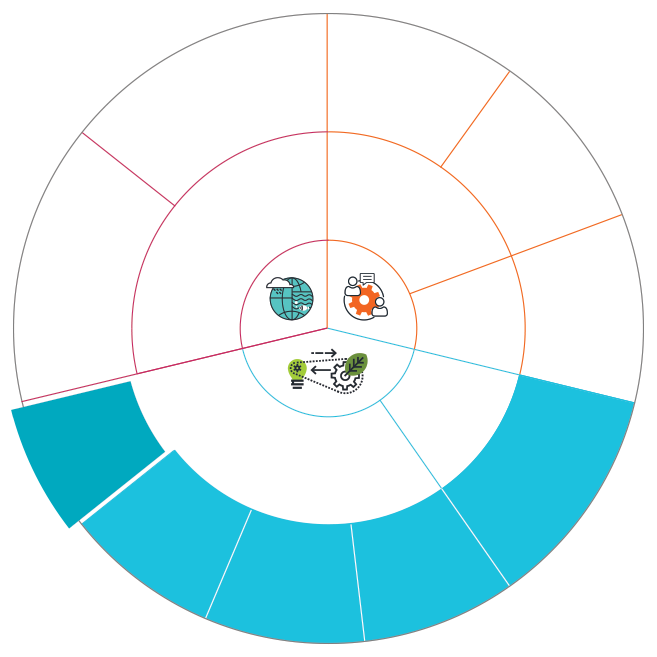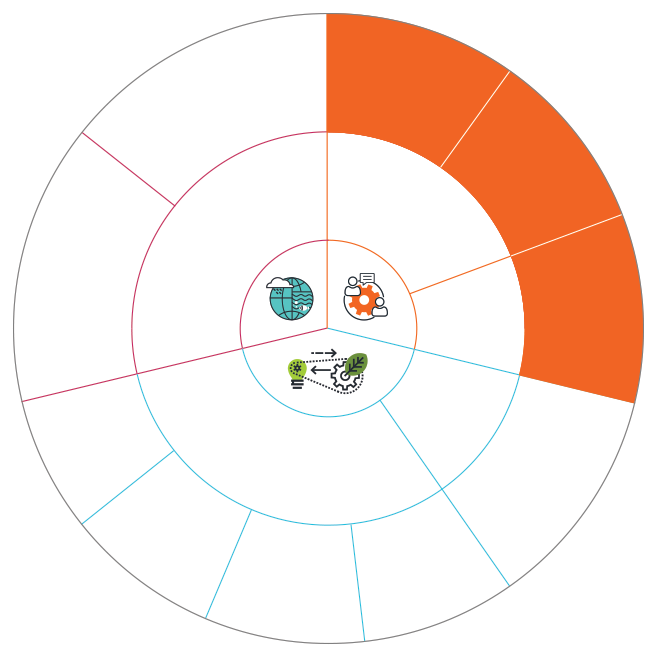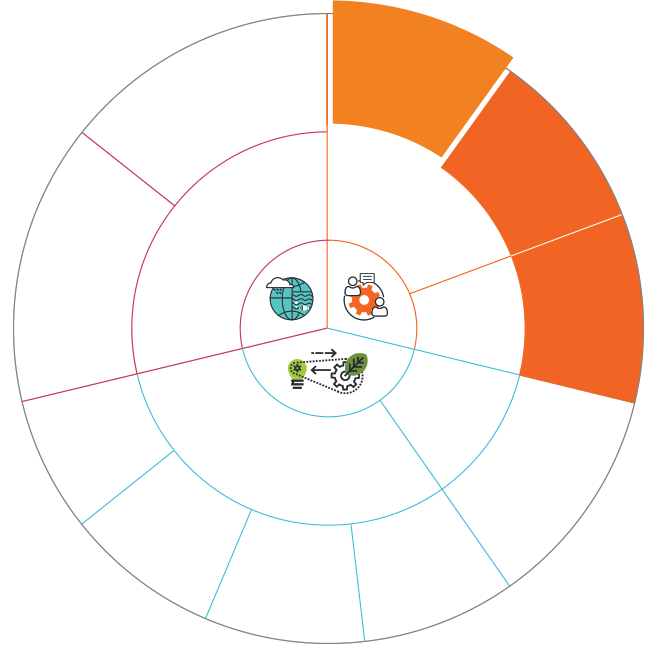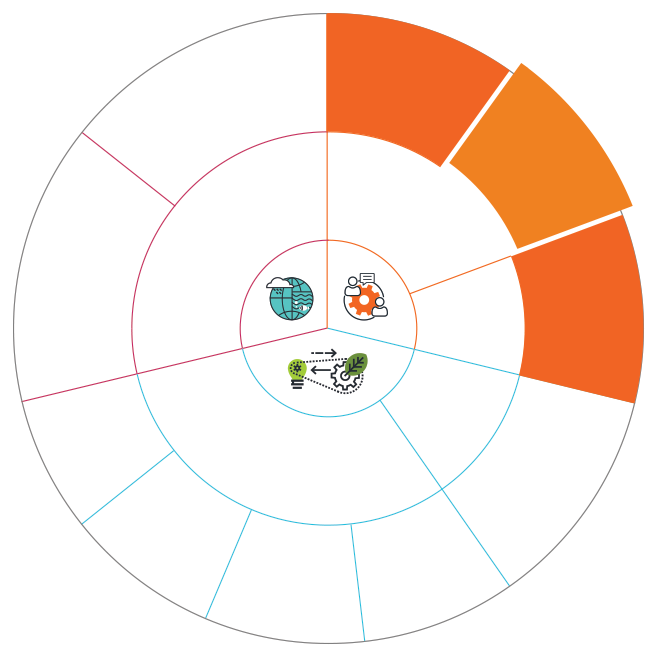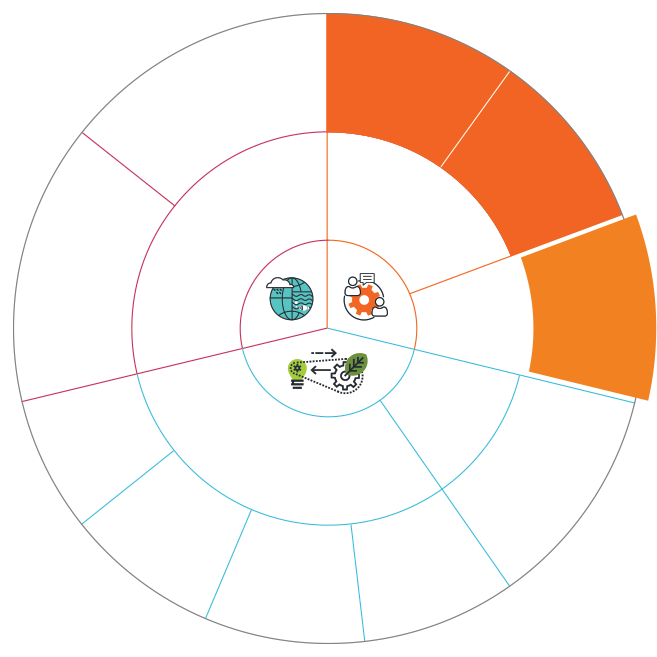Overview
Three Pillars

To foster long term climate action
To foster long term climate action
Long term climate action is geared towards supporting countries in meeting their contributions towards the global climate goals in a long-term and sustainable manner. Country-driven long term low carbon and climate-resilient strategies underpin the transformative potential of the Paris Agreement. They catalyze the process by which decision-makers in key sectors of the economy re-think policy, development, and technology pathways, and offer the opportunity to facilitate the alignment of national action and development plans with the Paris Agreement goals.

To mobilise means of implementation
To mobilise means of implementation
Finance, technology, and capacity building are critical enablers for reaching the goals of the Paris Agreement. Africa requires adequate and predictable means of implementation to maximize the opportunities provided by climate change. The cost of climate change solutions in Africa is estimated at US$ 4.5 trillion by 2030. The activities promoted by the Hub will endeavour to help African countries realize the full potential of NDCs as resource mobilization tools. the Hub will prioritize the development of robust systems, processes, or tools as well as open data and information sharing platforms that will promote accountability and transparency.

To promote coordination, advocacy and partnerships
To promote coordination, advocacy and partnerships
Increased advocacy and strong partnerships will ensure efficiency and delivery at scale while avoiding duplication. The Hub will work with stakeholders within regional member countries to prioritize interventions that address urgent, effective, and equitable responses to climate change.
Two Focus Areas

Adaptation
Adaptation
Africa is particularly vulnerable to climate change and is already suffering from its worst effects. Without concerted action to limit global temperature rise to 1.5 degrees Celcius and targeted adaptation measures to address climate change impacts that will still occur even when the temperature goal is attained. Adapting to climate change while minimizing greenhouse gas emissions can help drive the economic transformation that Africa needs- climate-resilient, low-carbon development that boosts growth within the Earth's planetary boundaries.
The Africa Adaptation Acceleration Program (AAAP) is an initiative led by the African Development Bank (AfDB) in partnership with the Global Center for Adaptation(GCA) to mobilize $25 billion to scale up and accelerate climate change adaptation actions across Africa.
The Adaptation Benefits Mechanism (ABM) is an innovative mechanism for mobilizing new public and private sector finance for climate adaptation in developing countries. Its a tool to make adaptation projects bankable. it de-risk and incentivize investments by facilitating payments for delivery of Adaptation Benefits. The African Development Bank has been developing the ABM with support from the Climate Investment Fund (CIF) and in collaboration with the Governments of Uganda and Côte d’Ivoire since 2016

Private sector engagement
Private sector engagement
The availability and level of climate finance (both public and private sector) is likely to significantly affect the ability of African countries to undertake a low carbon, climate resilient development pathway which, in turn, will have a significant impact on the achievement of NDCs. It is estimated that 75% of the financial resources need to implement NDCs will come from the private sector. The Africa NDC Hub will strengthen private sector networks to facilitate the flow of concessional climate finance to Africa.... Read more


